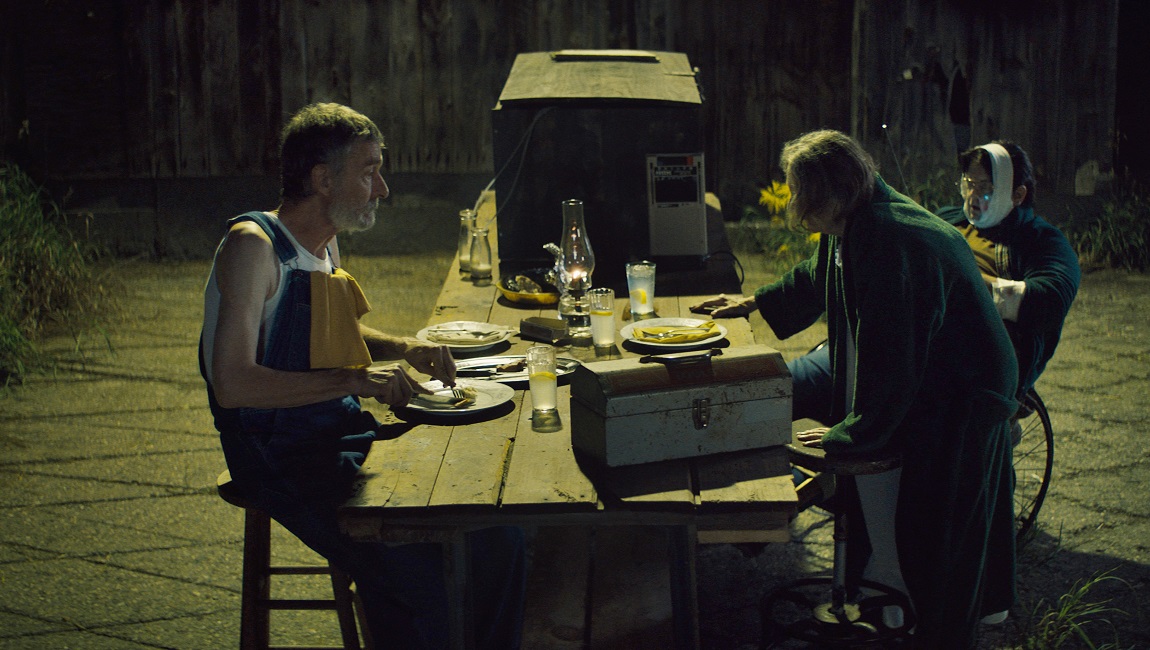Manga and anime artist Osamu Tezuka has been almost universally praised for his works in numerous genres (romance, sci-fi, even erotica); his son, Macoto Tezuka, is a visual artist and filmmaker in his own right, but a more obscure one. Only recently, through the re-release of 1985 cult hit The Legend of the Stardust Brothers has Macoto started to earn broader attention, both as a unique visual artist and a storyteller. And now comes his latest, which has a tight connection to his father’s legacy in that it’s a film adaptation of one of his more adult-oriented works. Osamu Tezuka’s Barbara is a two-volume manga released between 1974 and 1975, and filled with art that bears the master’s endearing and unique stamp; the sketch-like style reflects the psyche of the protagonist, a writer tortured by his sexual fetishes and frustrations, whose problems are only exacerbated when he meets the eponymous Barbara and is launched into a world of witches, cults, mannequins and intense, surreal imagery.
This film version of Tezuka’s Barbara promisingly opens with some images and quotes from the manga, and follows most of its plot elements. But the manga was elevated partly by the way its stories offered a great variety, and also through the acute understanding of how each shaped the development of the protagonist. Macoto opts for a more traditional and linear exploration of the relationship between his two principles, casting Baraba as a typical muse. Admittedly, room is made for the wilder stuff from the elder Tezuka’s work, including decapitations, bestiality, and a black mass. But even with these sequences, which indeed are comparable to the creative instincts and frenetic energy of the original work, the film suffers by trading in the surrealist, oneiric tone of the text for one far more ambiguously defined — more Nolan than Lynch. In truth, this Barbara’s greatest chance for success probably lies with an audience unfamiliar with the manga, who can focus more on the film’s individual strengths — like the multifaceted lead performance from Sion Sono regular Fumi Nikaido, who here manages to move from the comic to the profound in the space of a single scene. With more of a willingness to pursue the extreme and the weird corners of this story, without fear of alienating a new audience, Barbara could have been a special tribute. Instead, it’s strangely tame for a director of Macoto’s background.
Published as part of Fantasia Fest 2020 — Dispatch 3.







